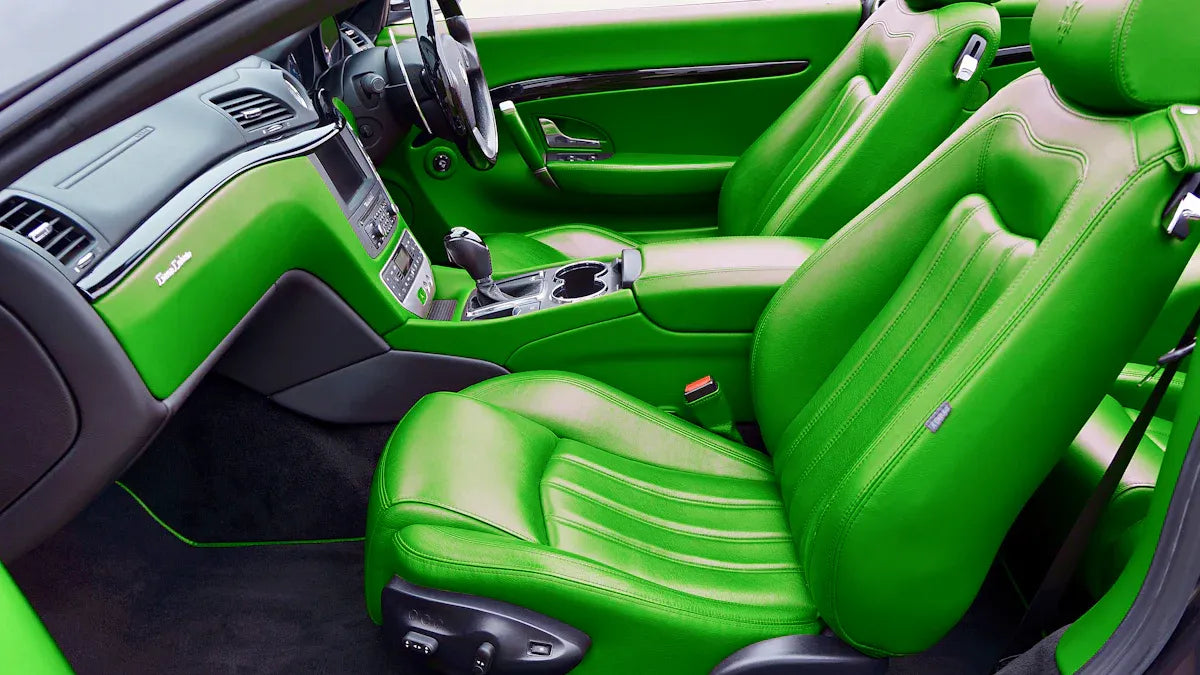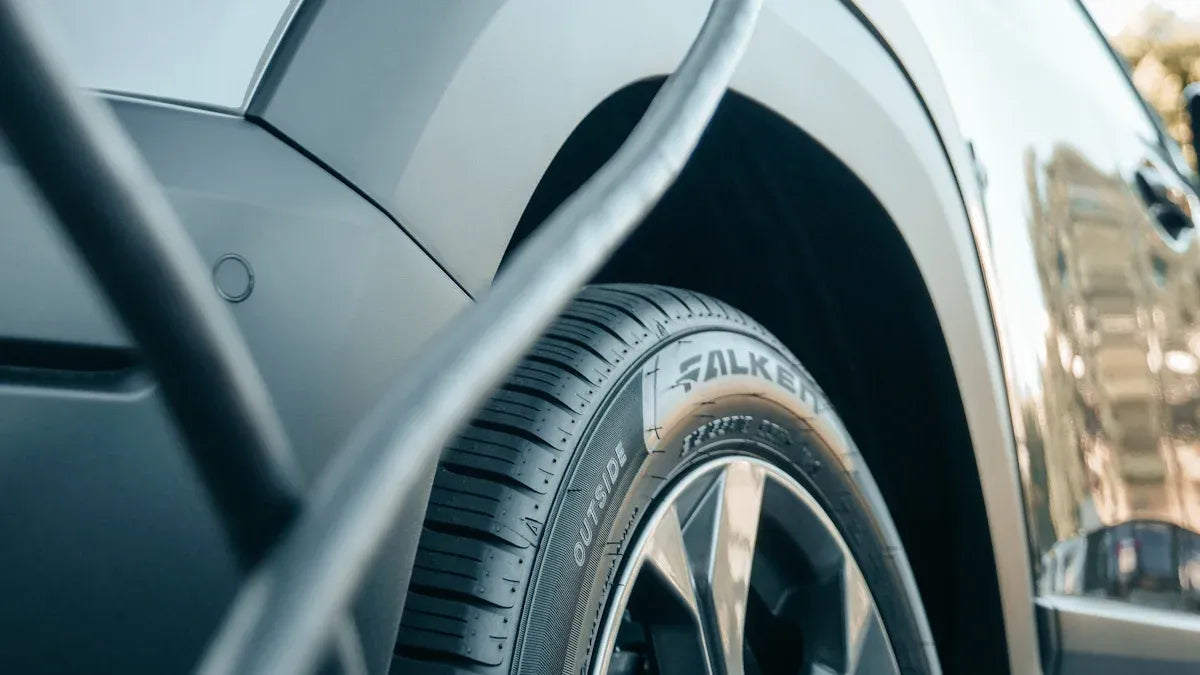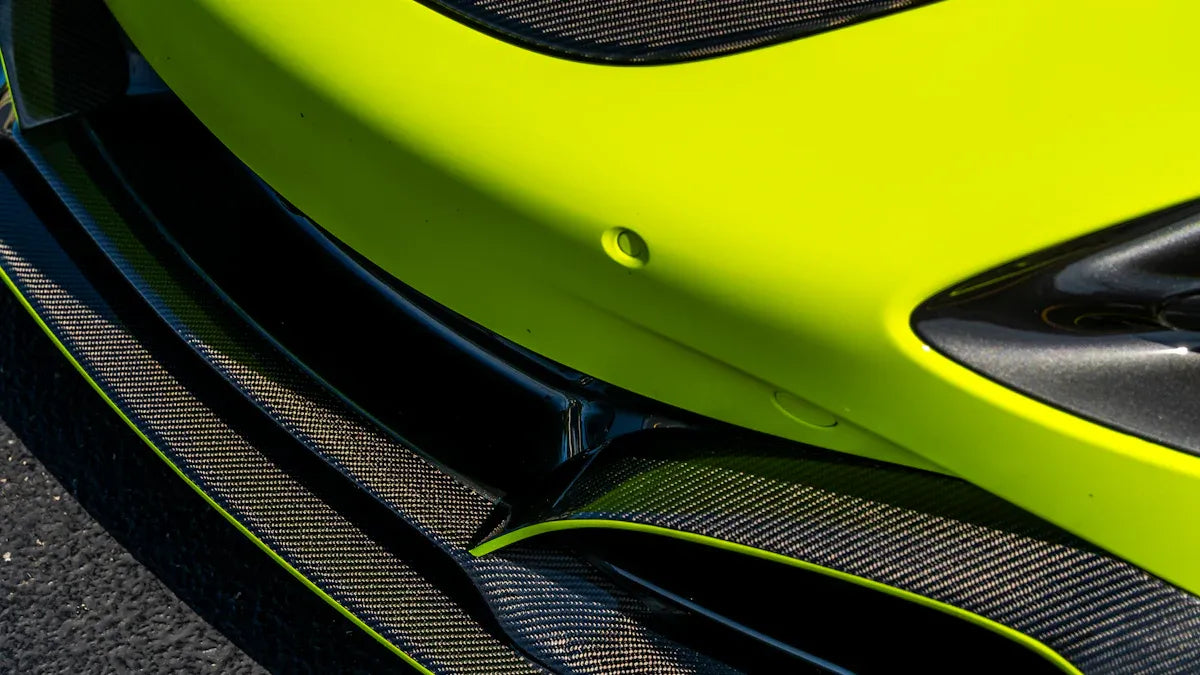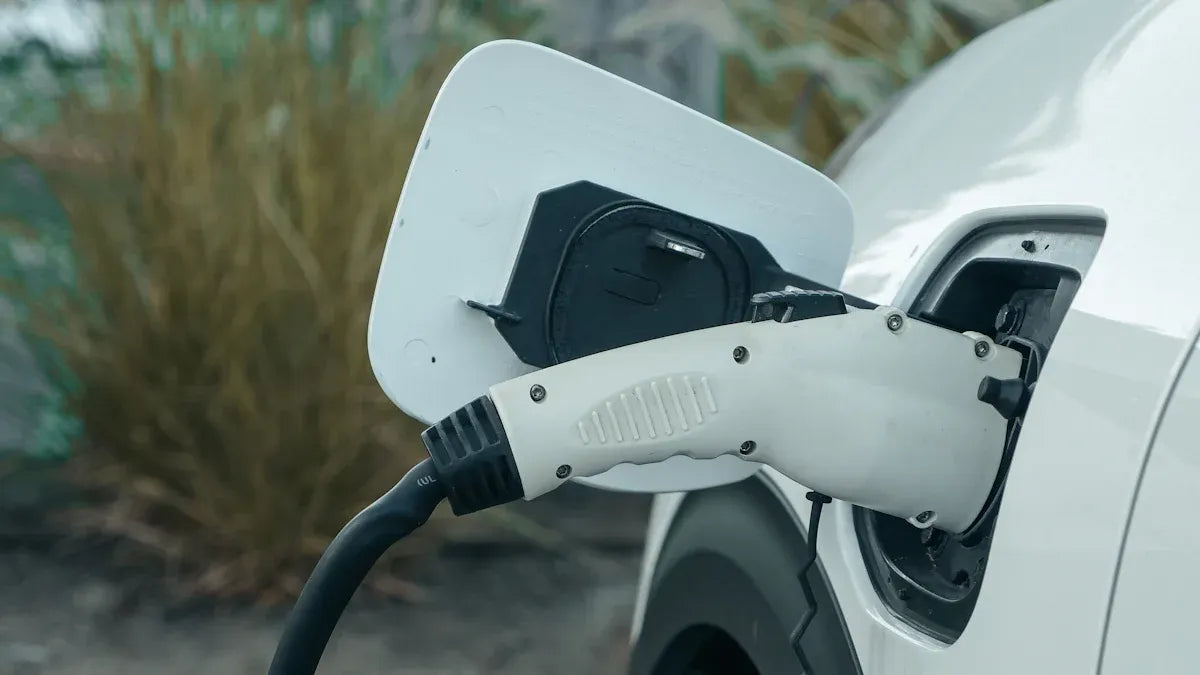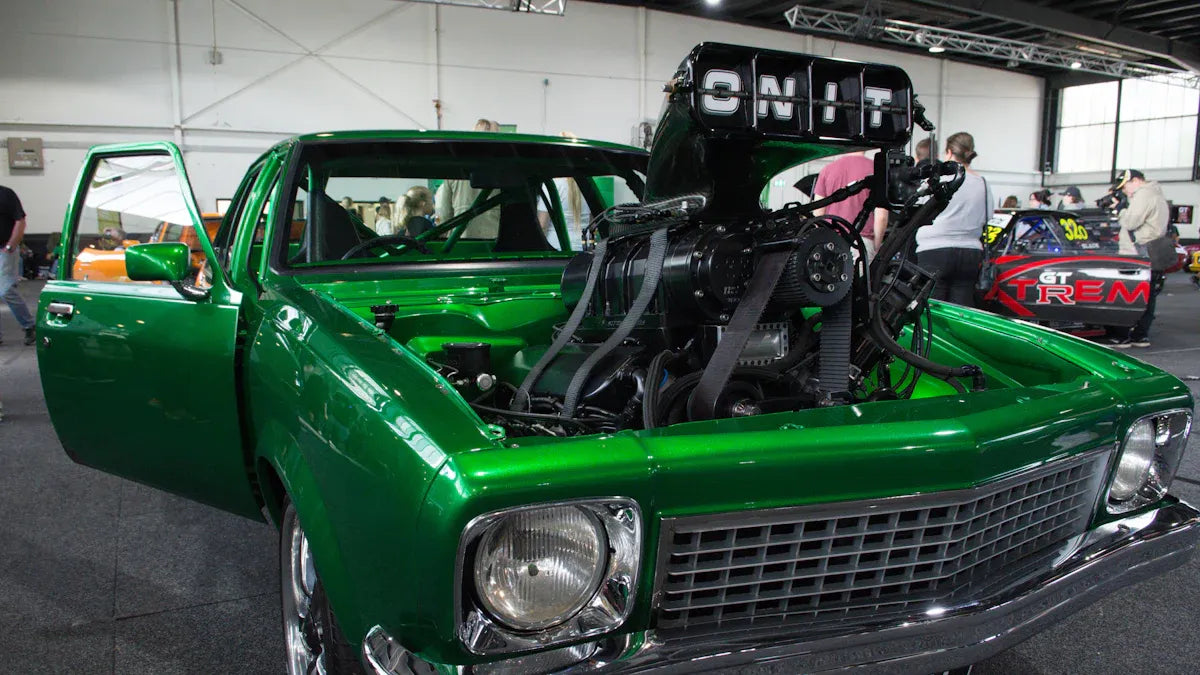CarbonXtreme Post
Should you swap your BMW G80 M3 M Performance front grille now
Upgrading the front grille of your BMW G80 M3 to a carbon fiber model can enhance your car’s aggressive appearance and improve performance, particularly with airflow and weight reduction. While the stock grille offers reliability and warranty protection, the carbon fiber option provides a more motorsport-inspired look and potential functional benefits. The decision should consider factors like aesthetics, performance goals, installation complexity, and the impact on warranty and resale value. Whether you prioritize style or practicality, each option has its advantages, with carbon fiber offering an exclusive, high-performance appeal, while the stock grille ensures easy installation and long-term durability.
BMW G87 M2 performance exhaust system install tips for your garage
Upgrading the exhaust system of your BMW G87 M2 can significantly improve performance, sound, and appearance. Whether you're installing lowering links, control modules, or a performance exhaust, careful planning and attention to detail are key to success. This guide walks you through preparation, installation, calibration, tuning, and troubleshooting. Ensure safety by using the right tools, disconnecting the battery, and double-checking fitment. Once the system is in place, perform leak tests, a sound check, and a final inspection to ensure everything functions correctly. Proper care and maintenance will maximize the longevity and performance of your upgraded exhaust.
Transform your drive with Audi RS6 C8 adaptive air ride suspension upgrade
Upgrading the suspension on your Audi RS6 C8 significantly enhances performance, comfort, and style. Options like lowering links, control modules, and coilover kits allow for precise customization, from improved handling to personalized ride heights. The RS6’s adaptive air suspension can be further optimized with diagnostic tools to ensure safety and performance. Regular maintenance, calibration, and troubleshooting ensure that your upgraded suspension continues to perform reliably, whether you’re driving daily or pushing your RS6 to its limits on the track. Each upgrade option offers unique benefits, enhancing your driving experience while maintaining safety and comfort.
What Are the Most Common Eco-Friendly Materials Used in Car Components
In 2025, the automotive industry is prioritizing eco-friendly car components made from materials like recycled plastics, natural fibers, bioplastics, and recycled metals. These materials reduce environmental impact and enhance vehicle efficiency, supporting the circular economy movement. Sustainable solutions, including bamboo, cork, and soy-based foam, offer lightweight, durable, and biodegradable options for car interiors. Automakers are responding to growing consumer demand and regulatory pressures by adopting materials that lower emissions, conserve resources, and promote recyclability. The transition to greener manufacturing processes is driving innovation and ensuring a more sustainable automotive future.
How the Circular Economy Is Transforming the Auto Industry in 2025
The automotive industry in 2025 is undergoing a transformative shift towards a circular economy, with a market projected to reach $455.33 billion by 2034. Automakers are embracing recycling, remanufacturing, and sustainable materials to reduce environmental impact and improve vehicle efficiency. Key strategies include designing vehicles for disassembly, using recycled materials, and implementing closed-loop supply chains. Technologies like AI-driven manufacturing, digital tracking, and robotics enhance recycling processes, while new business models like car-sharing and leasing promote resource efficiency. Despite challenges, the adoption of circular practices is accelerating, driven by consumer demand for eco-friendly vehicles and stricter regulations.
Lightweight Composites Powering the Next Generation of Vehicles
Lightweight composites are revolutionizing the automotive and aerospace industries, providing significant weight savings, improved fuel efficiency, and sustainability benefits. By incorporating materials like carbon fiber, fiberglass, and Kevlar, manufacturers are achieving up to 60% weight reduction in automotive and aerospace components, enhancing performance and reducing emissions. This shift also supports electric vehicle manufacturing, addressing the increased weight from battery systems. Sustainable materials, including recycled and bio-based composites, are gaining momentum, helping meet stricter emissions regulations and contributing to a circular economy. As these technologies evolve, they offer better performance, improved safety, and reduced environmental impact.
Discovering Eco-Friendly Materials in Modern Car Design
The shift towards sustainable automotive materials is a key trend in modern car manufacturing, addressing both environmental impact and consumer demand for eco-friendly solutions. The use of recycled plastics, natural fibers (like hemp and flax), bioplastics, and recycled metals plays a crucial role in reducing vehicle weight, improving fuel efficiency, and supporting circular economy principles. Lightweight materials are particularly important in electric vehicle (EV) design, as they extend battery range and enhance performance. The automotive industry is advancing towards greater sustainability, with companies like Ford, Volvo, and BMW adopting these materials across both electric and traditional vehicle models.
What Is a Hemp Composite Hood and How Does It Work in Cars
The 2025 BMW M3 has revolutionized its design by integrating a roof made from natural fiber composites, replacing traditional carbon fiber. This new innovation uses flax-based materials, contributing significantly to sustainability by reducing CO₂ emissions by up to 40%. The hemp composite material offers reduced weight, improved performance, and enhanced safety. As a part of BMW’s commitment to eco-friendly engineering, the introduction of this lightweight, high-performance roof sets a new benchmark for sustainable automotive design.
2025 BMW M3 Roof Update Highlights Eco-Friendly Hemp Technology
The 2025 BMW M3 introduces a roof made from natural fiber composites, replacing traditional carbon fiber and leading the automotive industry in sustainable design. BMW, in partnership with Bcomp, utilizes flax-based materials to reduce CO₂ emissions by up to 40%, decrease weight, and improve performance. The M3’s flax roof is not only environmentally friendly but also enhances safety and driving dynamics by improving handling and reducing vibration. BMW’s commitment to using renewable materials sets a new benchmark for high-performance vehicles and eco-conscious engineering.





